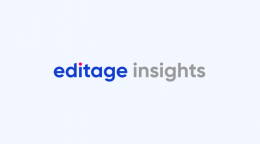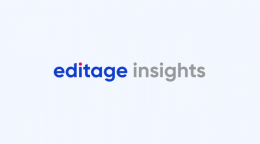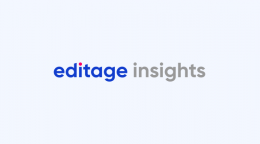Getting the tenses right: Materials and methods section

An earlier post discussed the use of tenses in research papers. Here, we will expand on this a bit and discuss tense usage in specific sections.
In the introductory section, the present tense is more common because in that section you state your reasons for undertaking the piece of research described in the paper. The section also describes what is currently known about the topic, which makes the present tense the most natural tense to use.
The materials and methods section describes what you did and how you did that. Here, the past is more natural because you are describing work that is already complete at the time of writing. Thus, it is simply a description of your actions. Typically, you begin with the choice of the materials: for example, in agricultural research, it is common to describe the crop and the specific variety or hybrid that you chose, as well as the kind and amount of fertilizers used, pesticides applied (if any), and so on, as in “The rice variety IR 8 was chosen for the experiment” or “For the analysis, ripe fruits of the following six apple varieties were chosen.”
As you can see, the simple past is the natural choice. Sometimes, you may need to use the past perfect tense, as in “the seeds had been exposed to ultraviolet radiation for 4 hours before sowing,” to describe some earlier stages of the experimental procedure.
Since the materials and methods section is an account of your actions and not your intentions, the future tense is out of place. On the other hand, it is common in the discussion section, toward the end, to indicate the future course of action suggested by the results of current research – and the future tense is the most natural choice then.
For further reading, you can read this post: Is it acceptable to use first person pronouns in scientific writing?
Published on: Jan 23, 2014
Comments
You're looking to give wings to your academic career and publication journey. We like that!
Why don't we give you complete access! Create a free account and get unlimited access to all resources & a vibrant researcher community.

Subscribe to Manuscript Writing
Translate your research into a publication-worthy manuscript by understanding the nuances of academic writing. Subscribe and get curated reads that will help you write an excellent manuscript.












